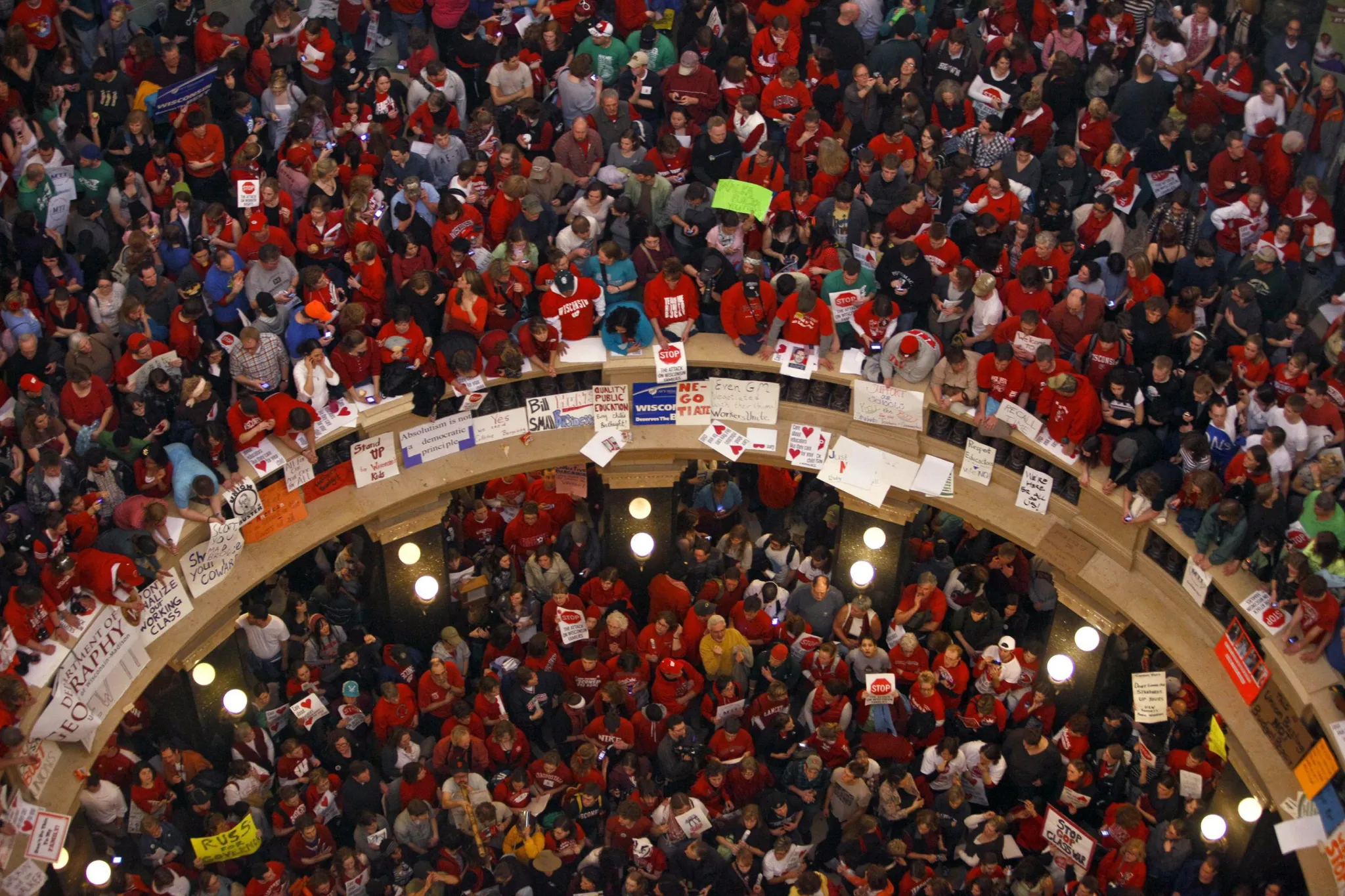Airbnb CEO Brian Chesky’s mom used to worry he’d have ‘the only job in the world that pays less than a social worker’
Before Airbnb had over 7 million listings worldwide, there was one sole lodging: three inflatable air beds at CEO Brian Chesky’s San Francisco home. He had quit his job and packed up all his belongings in a Honda Civic to make a cross-country move, and couldn’t pay his rent. That’s when he noticed all the local hotels were booked because of the Industrial Designers Society of America’s International Design Conference in San Francisco, and a business was born.
“We called it the air-bed-and-breakfast,” he told Fortune in 2017 at a World’s Greatest Leaders event.
Chesky and Airbnb cofounder Joe Gebbia were hooked on the idea of making money and meeting new friends through their makeshift accommodations, so they opened their home to three guests: “What if you could book someone’s home the way you could book a hotel anywhere in the world?” Chesky said about their inspiration. They launched Airbnb with Gebbia’s former roommate Nathan Blecharczyk in 2008.
Chesky’s social-worker parents in upstate New York (he was born in Albany) told him to pursue a high-paying career, but much to their chagrin he went to art school instead, at the famous Rhode Island School of Design.
“I’m going to become an artist,” Chesky recalls telling his mom, to which she responded: “You somehow managed to pick the only job in the world that pays less than a social worker. You’ll get paid nothing.”
Today, Chesky doesn’t have to worry as much.
As of January, Airbnb has a market capitalization of $91 billion, back to its level from before the pandemic, which threatened its very survival as a business. The company lost 80% of its business in the first months of the pandemic, and Chesky reorganized it in a scramble for survival.
Chesky’s business ethos was shaped by his creative background
Though Chesky’s creativity is what birthed (and saved) Airbnb, it also meant business veterans did not initially take him seriously.
Chesky’s design background was at first a hindrance to a budding Airbnb. While looking for $150,000 to fund an estimated 10% of the company, Chesky met with over 20 potential investors, all of whom turned him down.
“Joe and I were designers, and as far as they were concerned, designers didn’t start companies,” Chesky said. “We didn’t look like a tech founder, which is ridiculous because I don’t think you should ever hire somebody because they look like something else. You want a new thing.”
Investors didn’t take an interest in Airbnb until it began designing presidential-candidate-themed cereal boxes, which eventually got the attention of Paul Graham, founder of startup accelerator Y Combinator.
“Creative companies are companies that tap into a sense of imagination,” Chesky told Time. “That they might come up with new breakthrough ideas, that people that were only beholden to near-term measurable outcomes won’t ever have.”
The company is still working to live up to those values. For example, Airbnb announced on Tuesday that it will donate $10 million to 120 nonprofits, part of its Airbnb Community Fund. Airbnb hosts, not the company, selected the grantees, a departure from the evolving philanthropy model of corporate suite executives matching employee donations to a cause. According to Janaye Ingram, Airbnb’s director of community partner programs and engagement, the model helps connect hosts with the company and their community.
Designing a future
Success at Airbnb has been a double-edged sword. Explosive growth has forced the company to refocus at times.
During the pandemic, Chesky told Fortune last year, he even opened his own home as an Airbnb to better understand the host experience and lived in various Airbnbs across the country for six months, where he discovered inconsistent and unnecessary practices across hosts, including complicated rent agreements.
Airbnb still faces challenges as waves of short-term rental regulations in Palm Springs, New York, and across Europe have limited or paused Airbnb reservations. In cities such as Florence, Italy, short-term rentals brought in tourists and drove out full-time residents, the Italian government said. In the U.S., housing advocates have fought against Airbnb, according to the AP, claiming short-term rentals have essentially become hotels.
“In New York City, residential apartments should be for residential use,” Murray Cox of housing advocacy group Inside Airbnb told the AP.
Airbnb has pushed back against regulations, saying that short-term rental bans would limit affordable accommodations for travelers.
Chesky called 2024 “the year of perfecting our core service” of hosting and experiences.
Ahead of a 2023 redesign, Airbnb announced it had reviewed 15,000 social media posts and complaints and introduced 50 features and updates in summer 2023 in response, including increasing pricing transparency. Instead of showing fees and taxes only on the final checkout screen, Airbnb now includes fees on a rental’s page. In December, Airbnb announced a partnership. The company launched Pay Over Time with Klarna for U.K. visitors, allowing them to pay for their stays in installments.
“The key point is we’re listening. I’ve listened,” Chesky told Fast Company. “I ultimately want our product to be something that people deeply love.”




